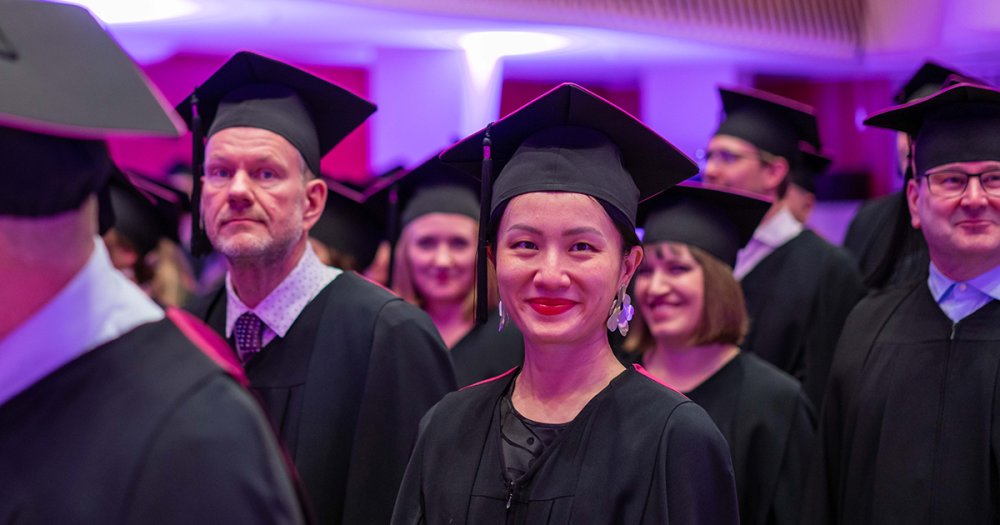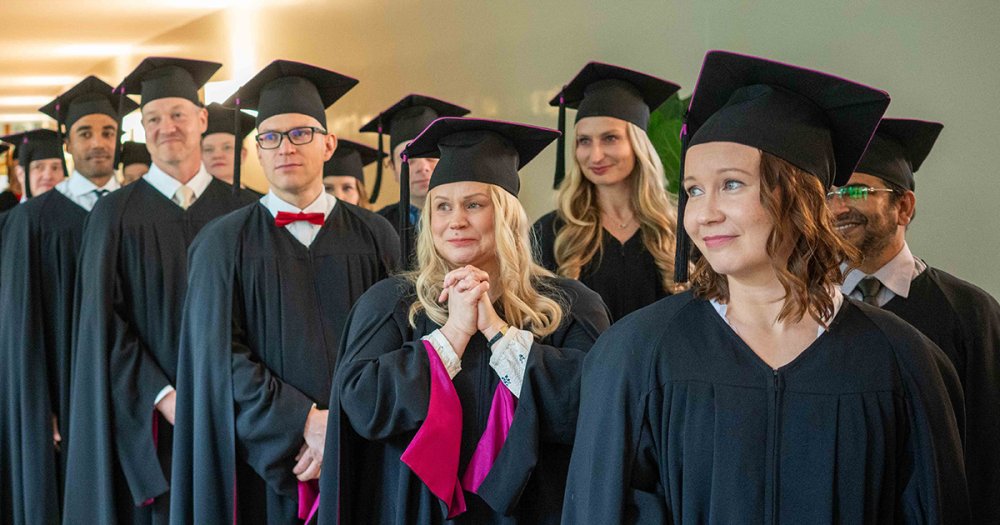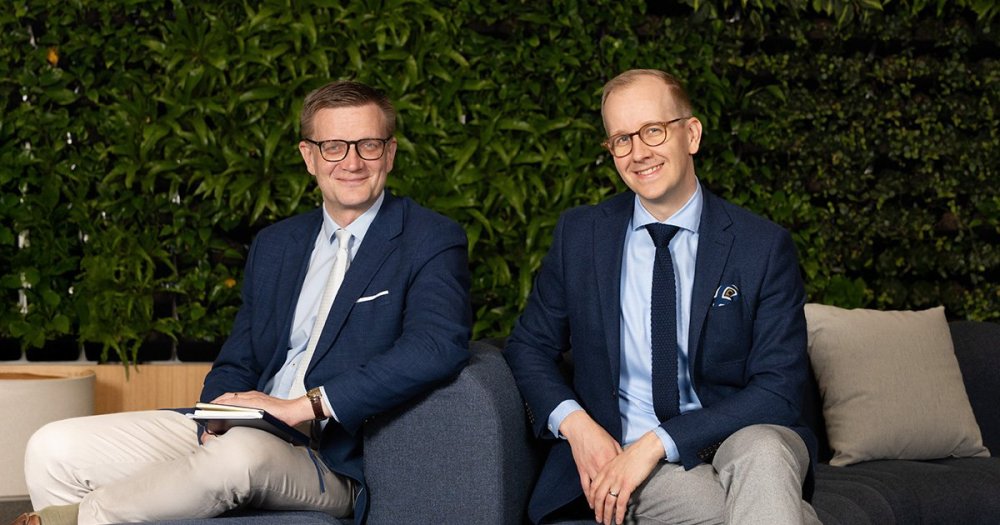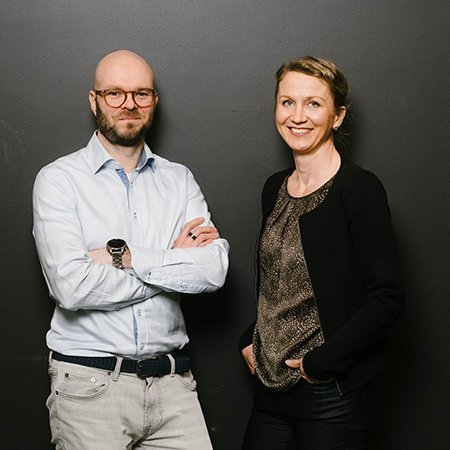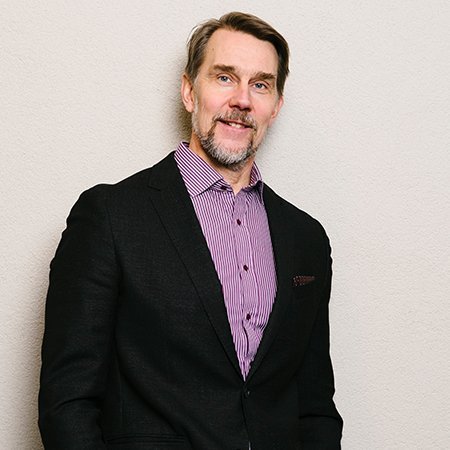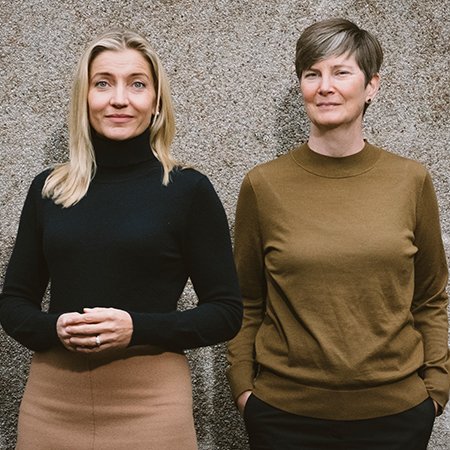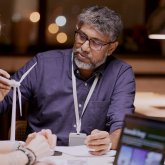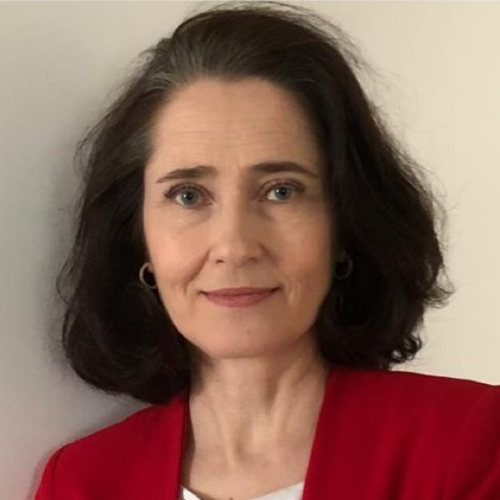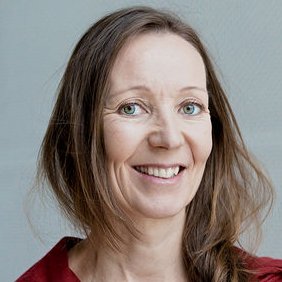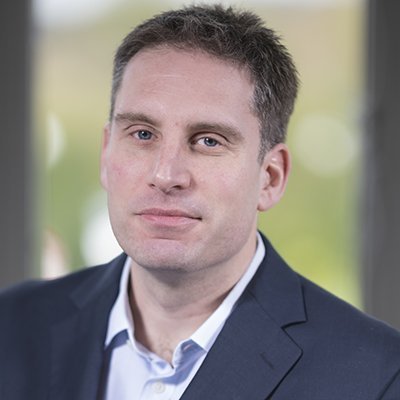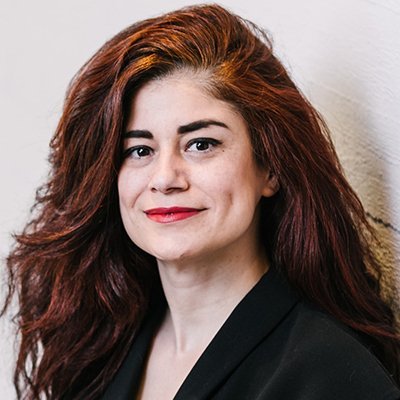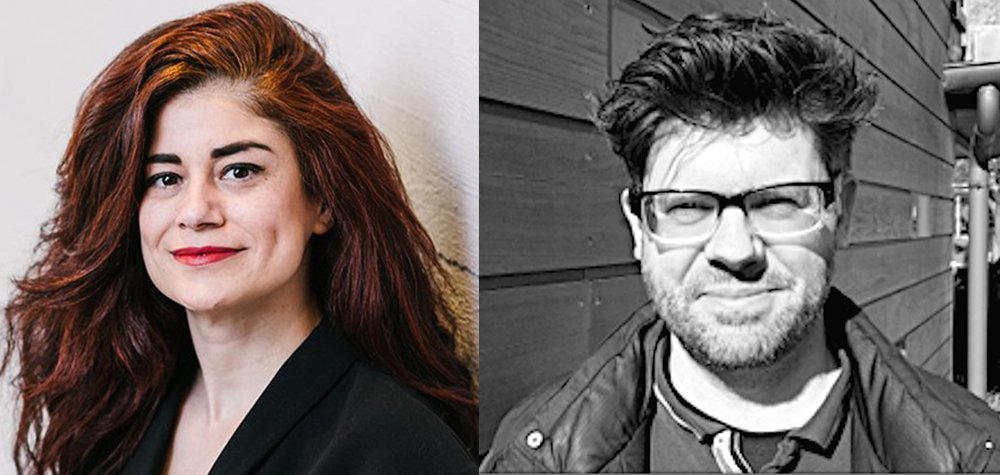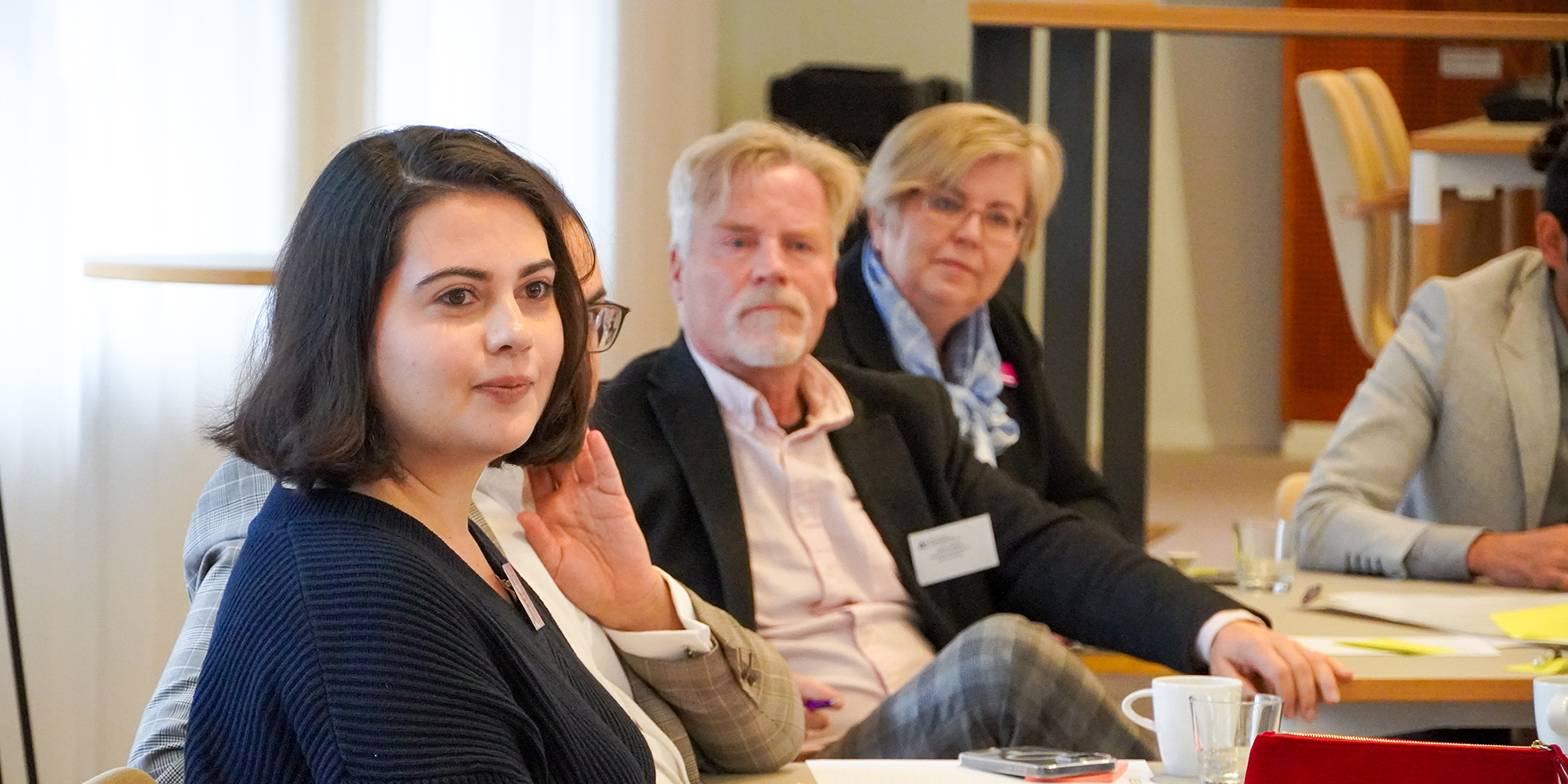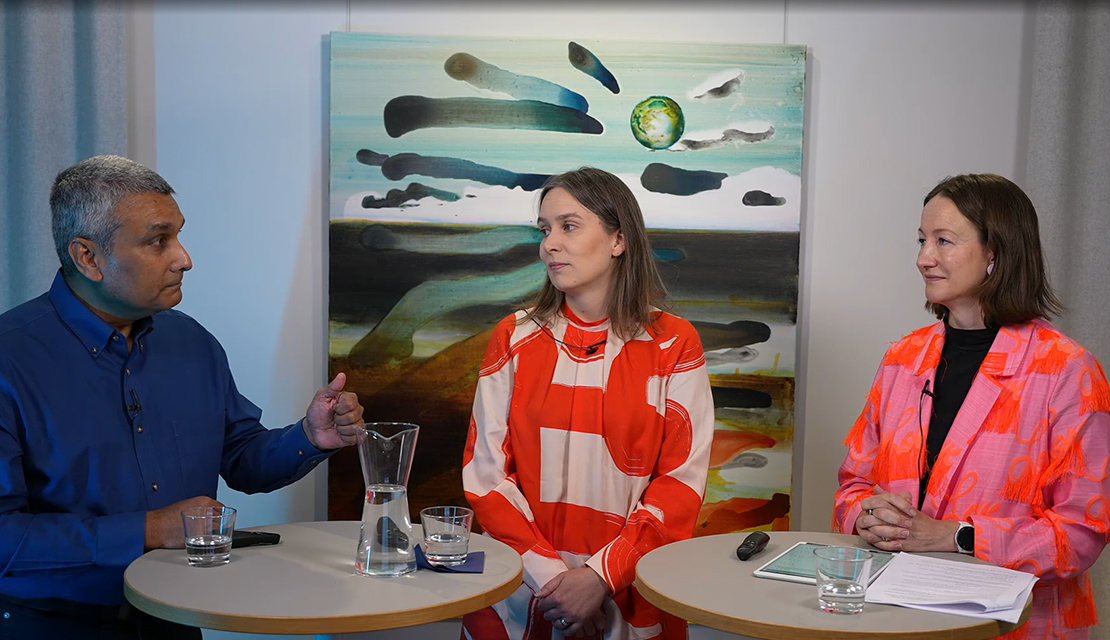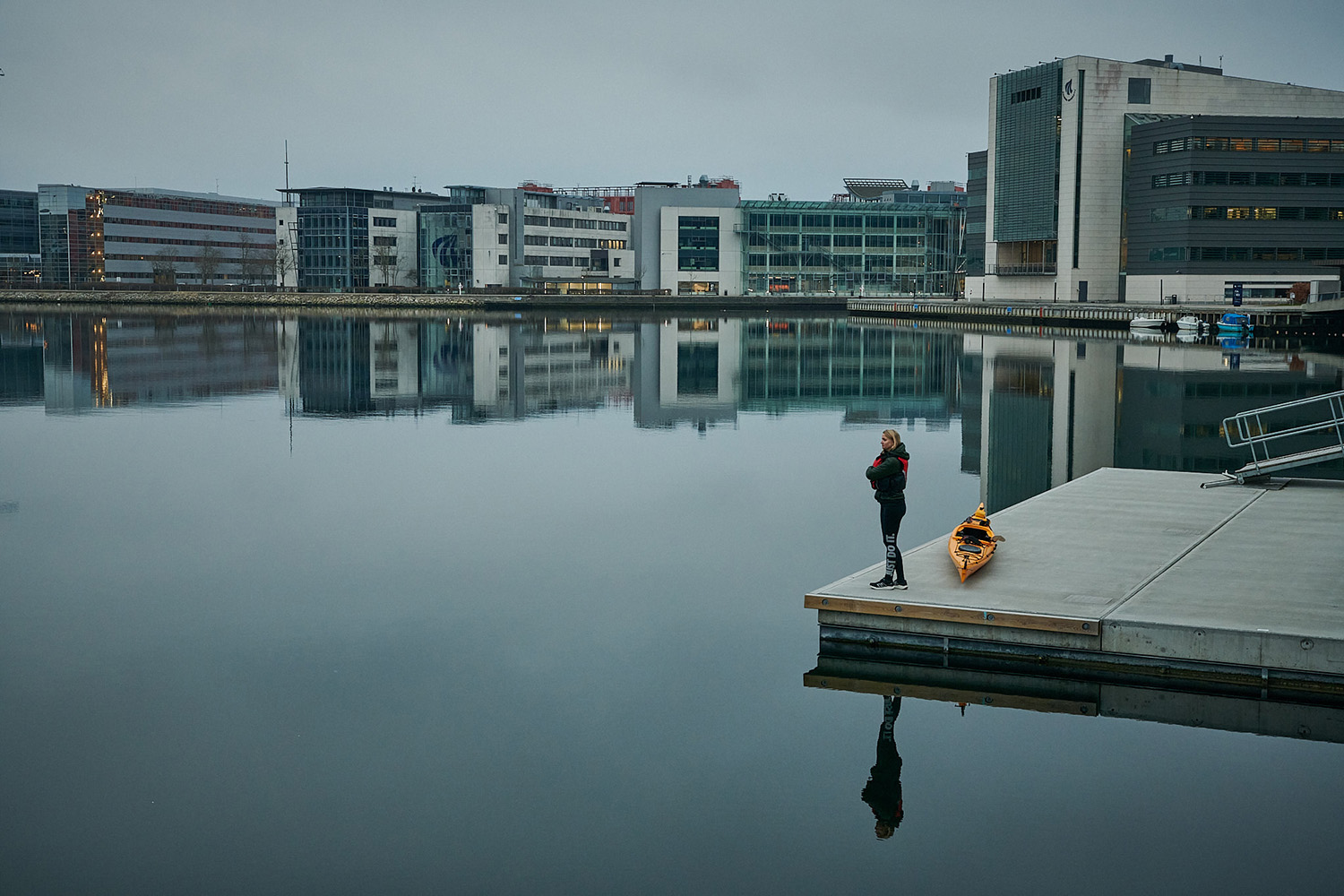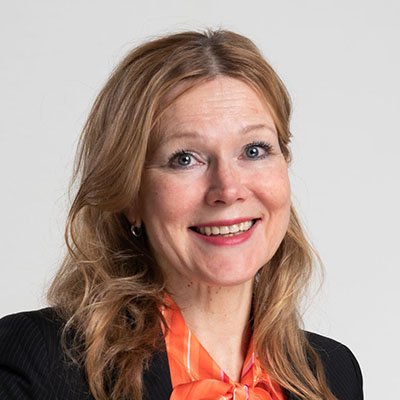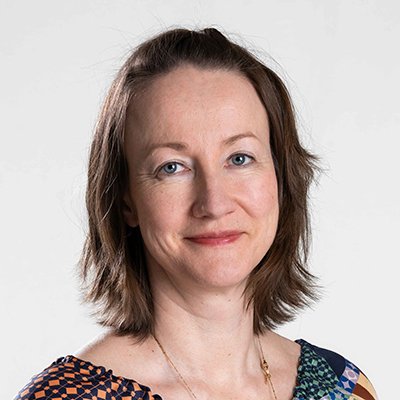Training Programs to Support the Development of Sustainable Operations
What does responsibility mean in practice in your work or your organization? Do you know the sustainability principles for different operations and how to develop processes according to them? Sustainability in business is the glue that holds the pieces of society and the business world together. Responsible business practices reflect positively on your company's reputation and success.
We help you to build socially, ecologically, and economically sustainable businesses. In our programs, you will learn how sustainable and responsible operations are integrated into the business strategy. You will open your eyes to new possibilities and learn to anticipate risks. Leading experts from Aalto University and other top universities in the discipline and some of the business world's key companies are at our disposal during your learning journey. Our first environmental training program was organized in 2004, and ever since, we have been developing our programs to meet the high demands of the changing business environment and to answer current issues of responsibility.
Sustainability Theme Brochure
The brochure contains a comparison of two sustainability theme programs. Download a PDF and pick the program that matches your needs.
Sustainability Theme Brochure
pdfThe brochure contains a comparison of two sustainability theme programs. Download a PDF and pick the program that matches your needs.
Sustainability Competence Development Mapping
The Sustainability competence development mapping contains questions that are useful to consider when planning competence development. Download the PDF to support your planning.
Sustainability Competence Development Mapping
pdfThe plan template contains questions about what to consider in sustainable transformation while planning sustainability competence development. Download a PDF to help your planning.
Sustainability at Aalto University
What kind of training or development are you looking for?
Featured Insights on Sustainability
Corporate and Environmental Responsibility and Global Challenges
Corporate social responsibility (CSR) is a strategic tool that enables companies to improve their competitiveness and develop their businesses. The key issue is understanding what CSR means and how to demonstrate it. Although compliance with laws and international standards is the starting point in this respect, stakeholders increasingly require that companies fulfill their responsibilities as extensively as possible.
Corporate social responsibility (CSR) is also essential from society's point of view. Companies play a key role in meeting global economic and social challenges and solving environmental problems. For example, investing in new, environmentally-friendly technologies is the best way to mitigate and adapt to climate change and scarcity of resources, and promote the circular economy. In the best-case scenario, CSR is directly reflected in people's everyday lives and the state of the environment.
Responsible Companies Are Desired Partners
Responsible values make companies reliable and desirable partners. Making choices that build a sustainable future is vital to businesses and society. The earlier the stage at which a business is built sustainably, the more stable its future will appear.
CSR is integral to the business competencies of a successful company. A socially responsible company works in the most sustainable manner possible and reconciles its goals and expectations with its stakeholders. Regardless of its size and sector, any company can harness corporate social responsibility as a strategic competitive advantage by responding to the challenge of sustainable development. CSR is also part of good leadership.
Corporate Social Responsibility (CSR) Begins with Management
CSR concerns the entire organization. It should also be considered regarding a company's performance and strategy, and put into practice in business activities. That is why those managing CSR issues need a strong line of communication with all parts of the company, and senior management must understand the issue's importance.
Instead of corporate social responsibility, we often refer to sustainable development, a broader concept. CSR has traditionally been viewed as addressing social and economic issues and the environment.







